Fausto Delegà, my "mielologo" ... The passionate love of the land, for the traditions, for oils, for the wild herbs but above all for the honeys he made us meet. Mantuan like me, lives in Vienna with a commuter plane between Austria and Italy. He is an Italian Doc, I want you to know ...
- Splendor, imagine that we just met. How do you introduce yourself?
How I would submit ...? If the honey and oils could suddenly be understood by everyone in their dialects thin, delicate and harmonic, the world will change. Here I thought I would submit this guide for a while’ years in the challenges, ideas and provocations that launch here and there to move, as I say, the point of view prevalent today in large part to consumers on the honey and oils.
Because only by moving the point of view, changing the beliefs that dominate us, species in the food, we hope to subvert the current dramatic situation which sees the creator of foods, the farmer agri guardian increasingly proposed as anonymous, sparente, in society who believe in large part that the food miraculously appear on the shelves and in the fridges of ipertutto, perhaps for a spell in which the face and hands and the genius of those who make food disappear to make room for that big Brand, the va bene, It took only the final and least difficult path for those who can do the caiman: the god market today largely globalized everything. Here I would submit as a creator of new points of view.
- How did your adventure of gastro-popularizer?
The adventure was born many years ago, Sometimes when I count mathematician I am surprised a bit ', but not for long, given my idea that time is a stupid belief, I would therefore suggest that my ideas of twenty years, with a path that went gradually improved over time. Process required, I would say, increase of knowledge in recent years have really changed the horizons in the cellars, in mills, hives myeloma and in all the productions good and just in general.
I could say that more than twenty years ago it was a conviction to affirm that wine and oil were the words that the sun wrote on the earth and that the soil was a living organism of which we are part. Today, often, you are taken for mad unless you start from there at least to take a step forward. I was born as a popularizer and journalist 25 years ago, when Slow Food took its first steps through ARCI, when the oil was less good and less verbose than today, when blogs didn't exist and one had to write to say something, perhaps for the Unity, as I did a few times for the first few years, or with my other experience… founding a free radio. The advent of the web with today's social media and blogs, food adoptions, the creation of Po Valley honeys, plant neurobiology, they favored the start of a new cultural path.
- We are both from Mantua. Tell me about your memories of this land?
Gave me birth wrote Virgil. And Dante noted in the Comedy the courtesy of the Mantuan people. People of land and water, a city born in the middle of a swamp of the Mincio that surrounds it with its lakes. City with a unique skyline in the world, recently disfigured by the earthquake, but already in the process of recovery.
Mantova it is also the city of the cuisine of Princes and people, where in the 1500s great chefs began to codify the techniques. Land of qualitatively excellent productions, just think of its salami, cotechini, shoulders, melons igp, onion, and in recent years also the land of extreme Lambrusco, elegant, unpublished and amazing, see Ruberti.
Unique land in Italy, where they are produced together, one to the north and the other to the south, Padano and Reggiano, two cornerstones of our cuisine in the world. It, from my point of view, land of honey, with a melliferous history that begins in Roman times, a town now in the province of Rovigo, but then linked to Ostiglia and Mantua, which still bears the name of Melara, Ara dei Mieli. Virgilio, son of beekeepers and himself a lover of bees and honey, dedicates the fourth book of the Georgics to bees and honey. In a land like this, one can only be born mixed with good and beautiful.
- Yes myelologist passionate, how do you think the honey culture in Italy?
Let's put our finger in the wound. I start from a provocation: if I asked your readers in a dry question how many honeys can be produced in Italy, I mean honey types between monoflora and honeydew, and at the same time, as bees do to make honey, how many correct answers would I have? I don't think more than one in every ten respondents. This gives the meaning and the measure of the question. But we could partially ask the same question for olive oil: how many varieties of olive trees exist in Italy? We will have very few correct answers. Because few know that Italy could give to the world, and to all of us, quasi 60 different types of honey. And at the same time few would say that our olive cultivars are closer to 600 variety that alle 500. Then no one would probably answer the question of how the bee gives us honey. Not, I do not leave you with the suspended question, or rather we leave it only halfway suspended. The bee makes honeys with an absolutely extraordinary technique, an immense exchange of kisses between bee and bee, create honeys. Know it and that's it… At the moment.
- Live in Vienna, what is the reality on the promotion of the territory with respect to Italy?
AUSTRIA AND VIENNA.
I must say that the attention and the desire to understand, with respect to our material culture and our products that move with people here in Vienna and Austria, they are generally notable, sincere, and deep. We are much loved, benevolently envied, sought after and often… disappointing, because much of the immense and powerful reality of our terroirs remains stuck in the shackles of a state that has massacred foreign trade, which closes the promotion offices here, and that when he tried to promote he did it with the usual suspects and strangers, friends of ... cousins of ... financiers of ... useless parties and banquets, losing words and slogans. Perhaps the contagious creativity of a crazy and lucid genius like Oscar Farinetti will make history in the coming years. However, in Vienna we are moving and equipping ourselves to change direction, methods and purposes.
- To conclude, I naturally ask you a request ... Tell me a recipe based on honey?
First of all some considerations ...
When I read or hear recipes in which, sometimes, honey is often mentioned among the ingredients, no maybe it is better to say mi inca… Why…? Why 99 times out of a hundred the word honey is used in such a generic and imprecise way that it almost seems like using chestnut in that recipe, acacia, strawberry tree or lavender both the same thing. This is healthy, beautiful and narrow ignorance. The same one that makes you write and say too: “a drop of olive oil…” as if there were a single honey, and a single olive oil available. It's time to say ENOUGH to these stupid indications. One should refuse to proceed with all the recipes that address these two points, oil and honey, they propose this unacceptable superficiality.
Then a fundamental rule. Honeys always go well with fatty substances, from cheeses to butter, from cream to lard and finally also with oils, especially those from olives. Another important thing is that they can be present throughout the kitchen, from appetizers to first courses, from second courses to side dishes and of course… in desserts as the great teacher and friend Corrado Assenza teaches us.
Only one thing I could recommend, not a real recipe but an exaltation of taste. When in the summer, not having the good fortune of having their own vegetable garden or not being able to live in terrestrial paradises such as our islands or the southern regions, often we are satisfied with tomatoes that remain light years away from their true "tomato" taste. Here, in these cases an appropriate and very calibrated dose of honey from white fir honey from Tuscan terroir, gli mette quella marcia in più che la serra non gli avrebbe potuto mai regalare. Seeing is believing, ah ah ah ah…
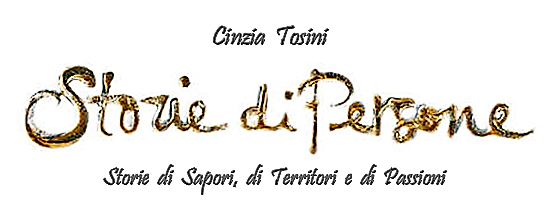
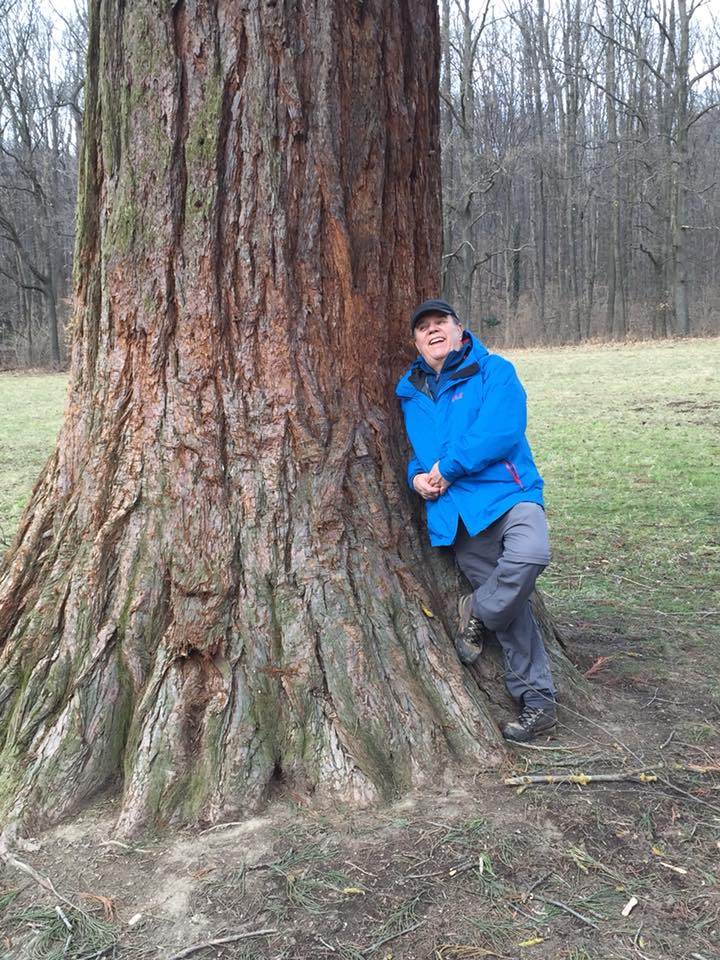



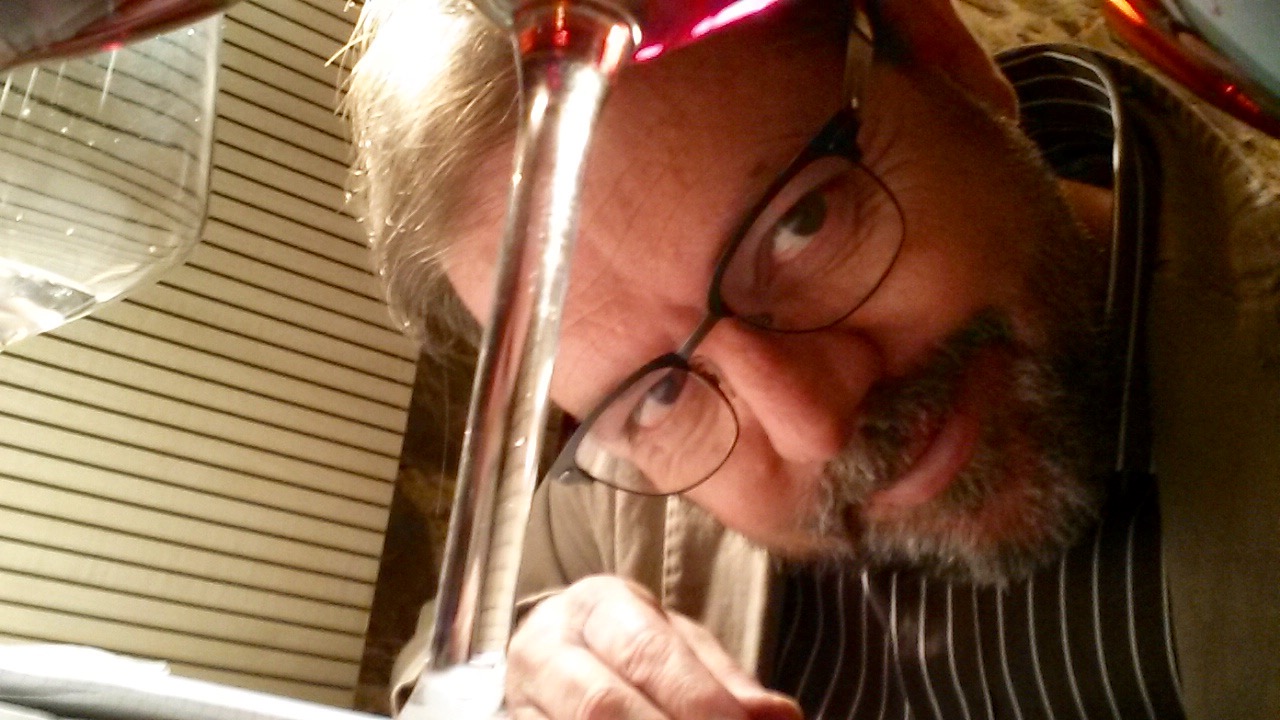
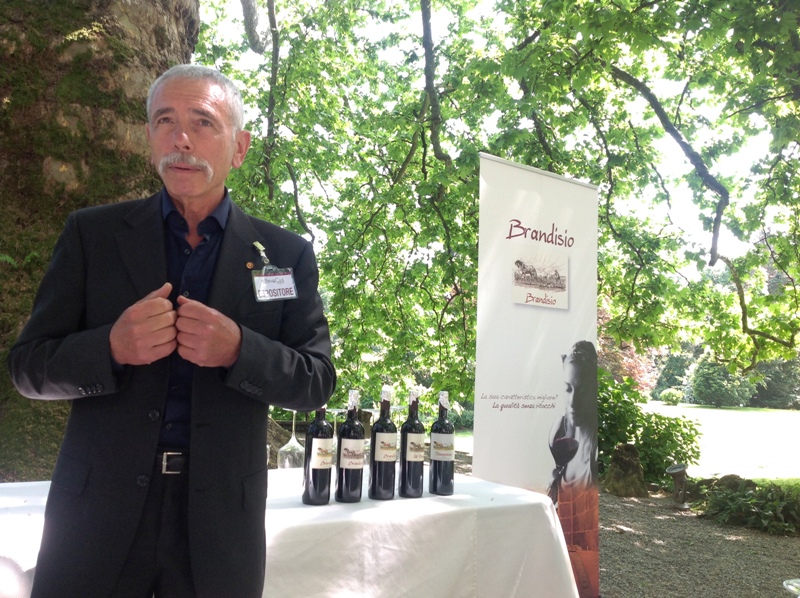




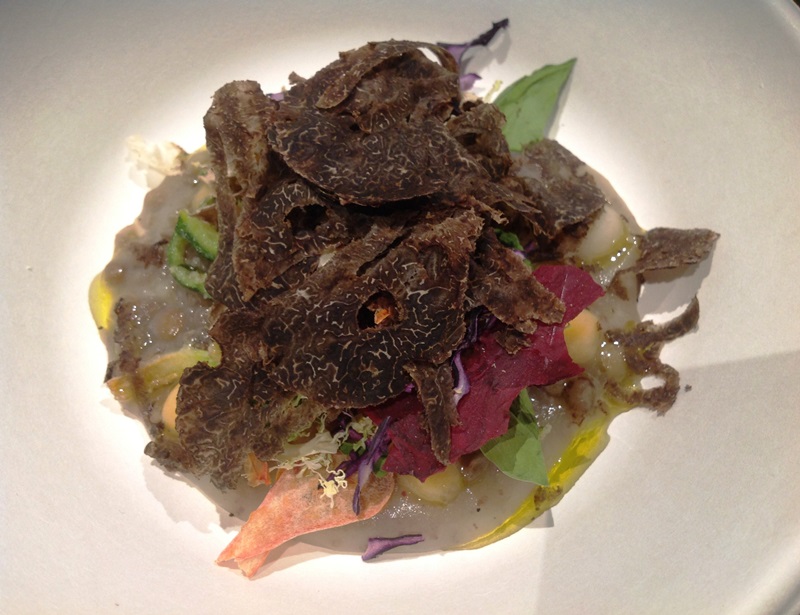



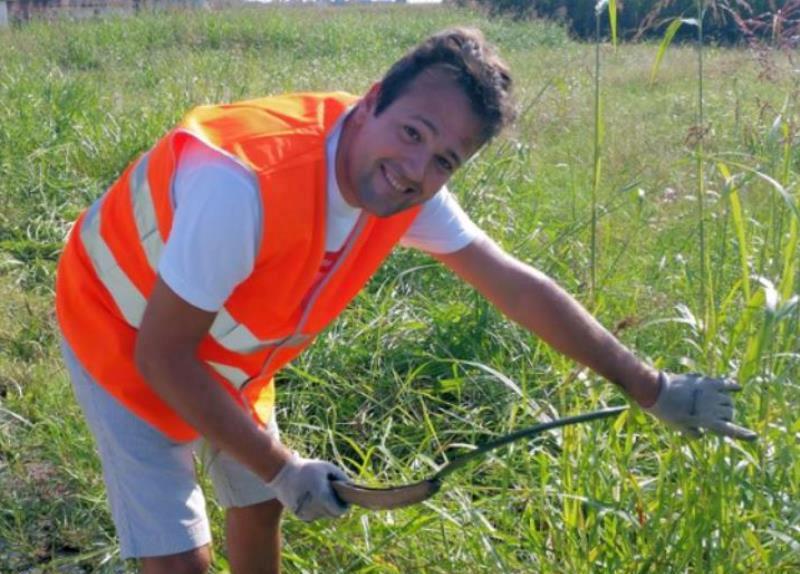
Comments to the publication reported on Facebook
Sue Holder:
I Greci consideravano il miele cibo degli dei… grazie Cinzia
Michelangelo Sharp:
Cinzia che dire di te, le tue interviste sono per me fonte di grande arricchimento, se fossi in te ne farei un libro!
Cynthia Tosini:
Bella idea! Mic ti devo confessare che tutte queste mie conoscenze… prima o poi le vorrei racchiudere in una raccolta! Da grande poi 😉 rileggerle e riviverle… sarebbe il massimo, anzi lo sará… 🙂
Cristina Fracchia:
Il miele creato dai baci delle api…Fausto sei unico! Thanks Cinzia!
Roberto Giuliani:
E speriamo che il loro amore resista a tutte le schifezze che si usano in agricoltura, perché senza di loro il futuro è severamente a rischio.
Gianluca D'Amelio:
Tra le persone che vorrei conoscere al più presto per la simpatia, l’eleganza, la cultura e la nobiltà di pensiero … al primo posto c’è Fausto Delegà!
Fausto Delegà:
Ciao Gianluca , spero di capitare a Roma, receives about poi, o di accoglierti a Vienna. Sarà anche da parte mia un grande piacere. 🙂 Giorno bello. :-))